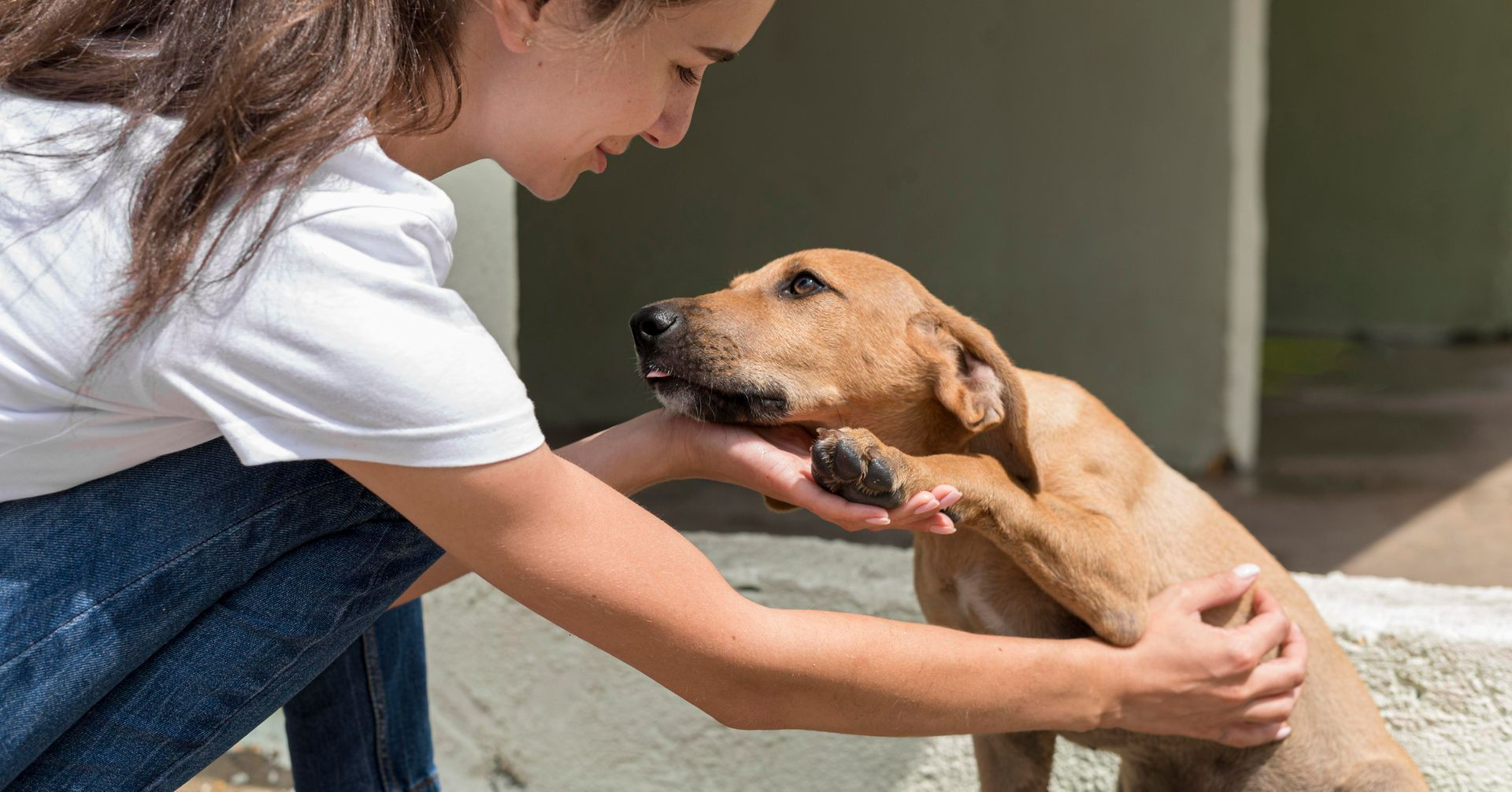Your Legacy, Our Priority.
Can You Leave Things to Pets in a Will?
A Guide to Estate Planning for Pet Owners
For many of us, pets are not just animals; they are cherished companions and beloved members of the family. Considering what would happen to your pets if you were no longer around is an important part of protecting their welfare. In this guide, we answer the common question, "Can you leave things to pets in a Will?" and provide insights into how you can ensure your furry friends are well cared for after you're gone.

Can I Leave Money to My Pets?
The short answer is no. In England and Wales, you cannot leave money directly to your pets. Pets are considered assets of your estate, not beneficiaries. This means any clause in your Will that leaves money or property to your pet will fail. Instead, the assets will pass into the residue of your estate and be distributed among your residuary beneficiaries.
What Are the Alternatives?
While you can't leave money directly to your pet, you can still ensure their care by setting up a Trust. Here's how:
List of Services
-
1. Create a Pet TrustList Item 1
You can allocate funds into a Trust specifically for the care of your pet. This involves appointing Trustees who will manage the Trust funds and ensure they are used for your pet's benefit.
-
2. Letter of WishesList Item 2
Along with your Will, you can leave a Letter of Wishes. This document details your intentions for your pet's care, guiding the Trustees on how the funds should be spent.
-
3. Appropriate FundingList Item 3
Make sure the amount left in the Trust is appropriate for your pet's needs and life expectancy. An excessive sum might be deemed unreasonable, while an insufficient amount could lead to inadequate care.
-
4. Residual BeneficiariesList Item 4
Include a clause specifying where any leftover money should go if it’s not all spent before your pet dies. You could direct these funds to a family member, friend, or an animal charity.

Who Will Care for My Pets?
Choosing a caregiver for your pets is crucial. You can:

Nominate a Caregiver
Appoint a trusted friend or family member to take care of your pet, along with a gift of money for their maintenance.

Animal Charities
Consider requesting that your pet be taken in by a specific charity. For example, Dogs Trust or Cats Protection have schemes to care for pets until they are rehomed. However there are potential pitfalls in doing this and it needs to be done in a specific manner.

The $12 Million Dog
One of the most extraordinary instances of leaving an inheritance to a pet involves Leona Helmsley and her Maltese dog, Trouble. Upon her death in 2007, the real estate mogul left $12 million to Trouble, more than she left to two of her grandchildren, whom she disinherited entirely. This case caused a media frenzy and even led to death threats against the dog, necessitating a security detail.
However, a judge later reduced Trouble’s inheritance to $2 million, reallocating $6 million to the disinherited grandchildren and the remainder to charity. Despite the reduction, Trouble’s case remains a striking example of the lengths some pet owners will go to ensure their pets' care.

A Helping Paw
Ensuring your pets are cared for after your death requires thoughtful estate planning. While you cannot leave money directly to your pets, creating a Trust, appointing Trustees, and nominating a caregiver can provide peace of mind. For those seeking guidance, consulting with an estate planning professional can help you navigate the legal nuances and secure your pet’s future.
If you have any questions about setting up a Pet Trust or need assistance with your estate planning, our team is here to help. Contact us today to ensure your beloved pets are well taken care of, no matter what the future holds.












